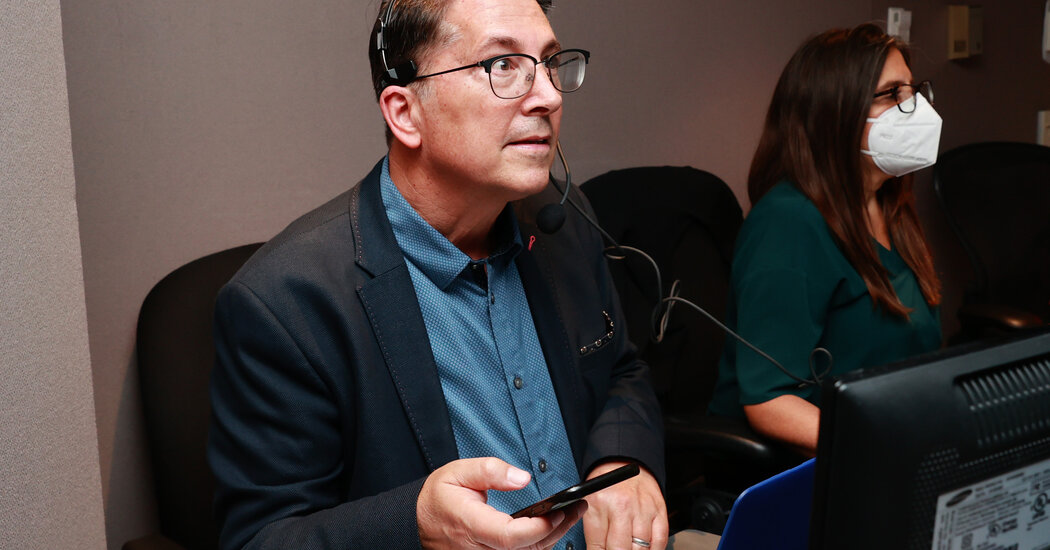
Ozy’s board of directors initially praised Ozy’s handling of the matter. “The board was made aware of the incident, and we fully support the way it was handled,” Marc Lasry, a hedge fund manager who was the chairman of the Ozy board, said in a statement to The Times on Sunday. On Tuesday, however, the Ozy board hired a law firm to investigate the company’s business practices and leadership team. And on Thursday, Mr. Lasry resigned as chairman, saying Ozy needed someone with more experience in crisis management and investigations.
Questions about Ozy arose among some people long before the call with Goldman Sachs, as documents and interviews related to “The Carlos Watson Show” suggest.
After Mr. Bessey and Ms. Clements quit, the producers made the show to suit YouTube Originals’ postproduction requirements, although they believed it would be posted on the platform like any user-generated video, according to two of the show’s former producers, who spoke on the condition of anonymity to protect their job prospects.
The marketing campaign for “The Carlos Watson Show” included billboards and posters in New York and Los Angeles. Those ads included splashy quotes with misleading attributions. One such quote, attributed to the Hollywood website Deadline, calls Mr. Watson “the best interviewer on TV.” That description did appear in a July 31, 2020, Deadline article, but was taken from a statement by Mr. Rao in praise of Mr. Watson. Another quote described Mr. Watson as “Anderson Cooper meets Oprah.” That line, attributed to The Los Angeles Times, was drawn from an advertising supplement that Ozy ran in that newspaper.
Mr. Bessey and another person who worked on the show said the marketing was aimed at potential investors and executives in television and advertising, rather than general viewers. The campaign seems to have worked, at least on one front. Sponsors of “The Carlos Watson Show” have included Chevrolet and other large companies.
Some of the videos on “The Carlos Watson Show” YouTube channel have received fewer than 100 views, while others have hundreds of thousands or more than a million views. Those figures, and the small number of comments on most videos, “may indicate paid boosting,” according to an analysis by Tubular Labs, a company that tracks audiences for online videos.
It’s common for companies to pay YouTube to place ads that pop up automatically onscreen before videos, which drives up the number of views. Tubular Labs suggests that Ozy may be using that tactic with its videos.



